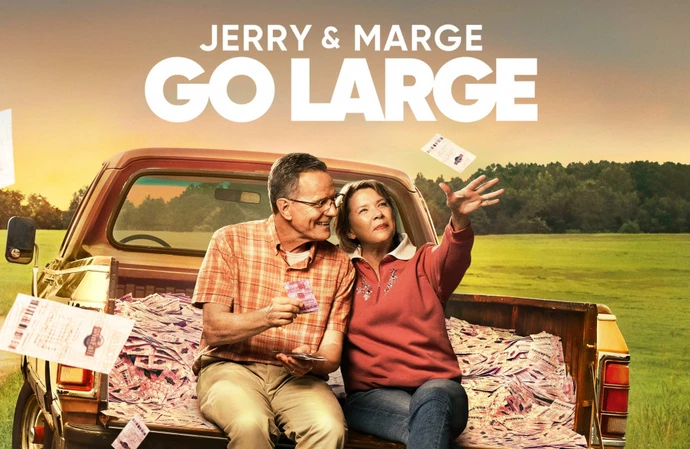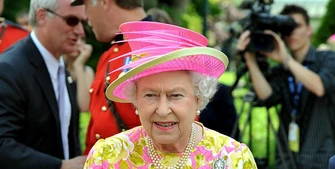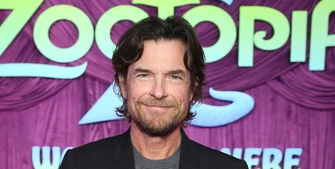Jerry and Marge Go Large: Movie Review
Find out why ‘Jerry and Marge Go Large' is a must-watch movie for lottery dreamers.

Ad Feature by Article Hub
When people win the lottery jackpot at Lottoland, they usually use it to travel and buy luxurious things. That's not the case for the protagonist of the ‘Jerry and Marge Go Large’ movie.
‘Jerry and Marge Go Large’ kicks off as a heart-warming tale about a couple who stumble upon an unexpected adventure later in life. It's loosely based on a true story about a married duo who found a clever loophole in a national lottery, but instead of splurging on extravagant luxuries, they reinvested their ill-gotten gains into their cosy Michigan town. Sounds adorable, doesn't it? For a while, the film's charm and the genuine performances of its lead actors keep you engaged. But then, the story takes an unnecessary detour.
Writer Brad Copeland and director David Frankel seem to lose faith in Jerry and Marge's story. They introduce an unnecessary bunch of Harvard students who also discover the lottery loophole, turning the film into something less captivating as it approaches a rather dull ending. I wished we could have spent more time with Jerry and Marge from the beginning, two people navigating the uncertainties of retirement before the film switched gears to more predictable TV movie territory.
The movie starts with Jerry (Bryan Cranston) retiring after a 42-year career. His wife, Marge (Annette Bening), tries to help him embrace his retirement, even getting him a boat. But Jerry's precision-driven mind stumbles upon the odds of a new lottery, realizing that careful ticket buying could favour the player. Jerry and Marge dive headfirst into this scheme, buying thousands of tickets at a time, even involving friends from their town as investors. Their journey takes them across state lines and even ropes in a gas station attendant (Rainn Wilson), adding a touch of humour, albeit briefly.
Cranston and Bening breathe authenticity into the initial act of ‘Jerry and Marge Go Large’, portraying people thrust into new life chapters with sincerity. After all, Jerry had worked diligently for over four decades; what does retirement mean to him? Bening captures the essence of a woman seeking new adventures with her husband while he remains fixated on what's ended. Cranston's likability shines through despite the director's tendency to overuse "wacky old man" clichés.
The film falters with the arrival of the Harvard students who've also cracked the new lottery code. Led by the cocky Tyler (Uly Schlesinger), they transform the film into a shallow comedy rather than the character-driven narrative it initially promised. There's a version of ‘Jerry and Marge Go Large’ that could have been a thoughtful character study reminiscent of early Tom McCarthy films. Instead, the movie feels as calculated as Jerry's lottery strategy, even before a concluding scene that makes you question if there was enough substance to warrant a feature-length adaptation. Perhaps the real story lay in the early, relatable moments of retirement uncertainty, but sadly, the director missed that opportunity. It's safe to say he should have aimed for a more modest approach.
What makes lottery-themed movies so good to watch?
Lottery-themed movies can be appealing for several reasons, which contribute to their entertainment value:
• Universal Fantasy: Lotteries offer a universal fantasy of sudden wealth. Many people dream about what they would do with a large sum of money, and lottery-themed movies tap into this common aspiration. They allow viewers to live vicariously through the characters who win the lottery.
• Escapism: Lottery-themed movies provide a form of escapism, allowing viewers to temporarily escape their everyday lives and imagine what it would be like to experience receiving a windfall.
• Relatable Themes: While winning the lottery is a rare occurrence, the themes explored in lottery-themed movies often resonate with audiences. These themes can include family dynamics, friendships, and generosity. Viewers can relate to the characters and their struggles, even if the specific circumstances are extraordinary.
• Drama and Conflict: The sudden acquisition of wealth can introduce dramatic tension and conflict into a storyline. Characters may face challenges such as betrayals, jealousy, and difficult decisions, which can make for engaging and emotionally charged narratives.
• Rags-to-Riches Stories: Many lottery-themed movies feature characters who go from humble beginnings to unimaginable wealth, making them classic rags-to-riches tales. These stories inspire optimism as they depict characters overcoming adversity.
• Comedy and Satire: Not all lottery-themed movies are serious dramas. Some take a comedic or satirical approach, poking fun at the lottery and the quirks of human behaviour when wealth is involved. These films can provide humour and social commentary.
All in all, lottery-themed movies are popular because they tap into universal dreams and desires, explore relatable themes, and provide a range of emotional experiences, from drama and suspense to humour and inspiration. These elements combine to make them enjoyable and engaging for a wide audience.







